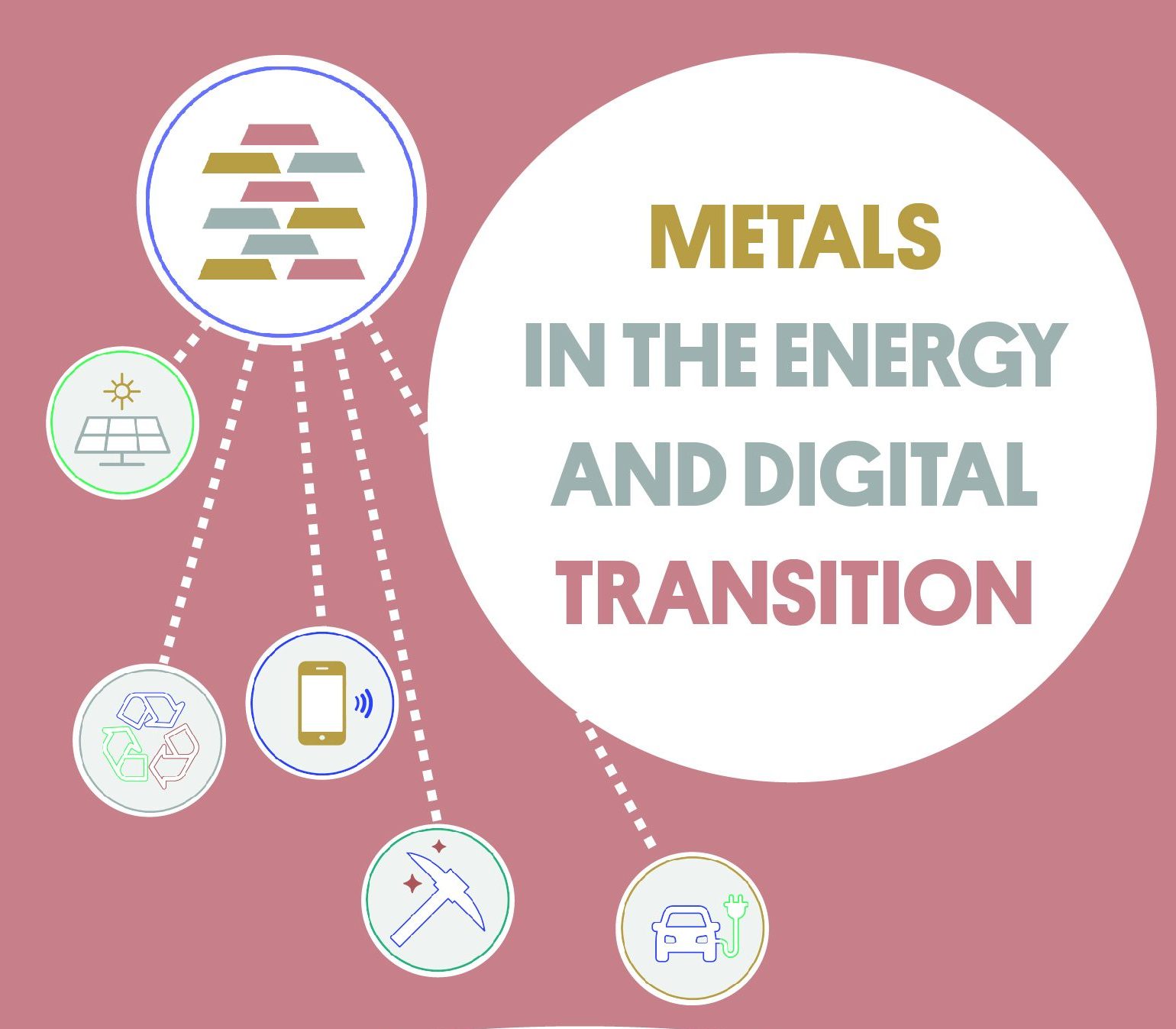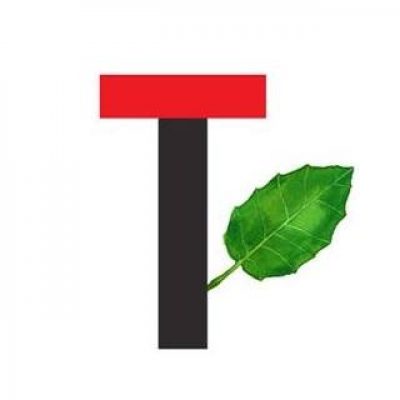
- This event has passed.
Metals in the Energy and Digital Transition: Limits and Impacts
2021

[ENG]
– para leer la descripción en ESP, vean más abajo –
There is no doubt that the climate crisis makes the energy transition to renewable sources indispensable. The 2015 Paris Agreement was a historic milestone, at least on paper, in terms of reducing emissions and boosting renewable energy. But some issues have not been sufficiently resolved, issues linked to the metals required for the “green” and digital technologies on which the energy transition is based.
In this session we will talk about the mineral limits of the energy transition and the implications that these limits bring with them. Are we willing to accept the impacts of mining for the benefit of the energy transition? What is the situation of the mining project in Cáceres? Does the current Spanish Mining Law of 1973 guarantee clean and responsible mining?
Context:

The technologies that make the energy transition possible are based on a wide variety of metals and huge quantities of them. Photovoltaic panels, wind turbines or electric cars would not exist without them. Tellurium, cobalt, copper, gallium, indium, lithium, nickel and zinc are some of these essential elements, all of which are at risk of being in short supply in the future, either because they are scarce in nature or because they are controlled by few countries.
Given this fact, a key question is how to supply the metals demand of the energy transition. In addition to diversifying imports, one of the EU’s objectives is to strengthen its strategic autonomy by increasing its internal supply capacity. In Spain alone, in recent years, applications have been submitted for several hundred new mining operations, which have been met with significant social protest. An emblematic case, due to its proximity to the historic centre of Cáceres, a World Heritage Site, and due to the environmental and social impacts that it may entail, is the San José de Valdeflores open-pit mining project for the extraction of lithium.
Speakers:
- Alicia Valero is a chemical engineer and head of the Industrial Ecology group at the Research Centre for Energy Resources and Consumption (CIRCE Institute).
- Juantxo López de Uralde is a Member of the Spanish Parliament for Unidas Podemos and president of the Ecological Transition Commission.
- Santiago Martín-Barajas is a member of Ecologistas en Acción and expert on water, mining, energy, etc.
The session will be moderated by Cárol García, who is a journalist and political scientist. She is a specialist in international relations and cooperation. She has worked in Senegal and Palestine and is currently communications coordinator at Alianza por la Solidaridad – ActionAid. She is a member of the board of trustees of Fundación Transición Verde.
Practicalities:
Registrations are now open – Próximos eventos: Los metales en la transición energética y digital (transicionverde.es)
Simultaneous interpretation Spanish-English will be provided for this event
This event was organised by the Green European Foundation with the support of Transición Verde and with the financial support of the European Parliament to the Green European Foundation.
[ESP]
Contexto
No hay duda de que la crisis climática hace indispensable la transición energética hacia fuentes renovables. El Acuerdo de París de 2015 supuso un hito histórico, al menos sobre el papel, en cuanto a reducción de emisiones e impulso a las energías renovables. Pero algunas cuestiones no han quedado suficientemente resueltas, cuestiones ligadas a los metales que requieren las tecnologías “verdes” y digitales en que se basa la transición energética.
¿Está garantizado el suministro de metales para hacer posible la transición ecológica? ¿Dónde y cómo se obtienen esos metales?. ¿Qué implicaciones ambientales y sociales tiene su extracción, transformación y posterior retorno como residuo? ¿Hasta qué punto está garantizada la salud y la protección del medio ambiente en las zonas mineras? ¿Cuál será el nuevo marco geopolítico mundial derivado de estas materias primas estratégicas? ¿Qué papel va a jugar la Unión Europea en esta nueva coyuntura? ¿Está dispuesta a cargar con los costes ambientales derivados de la transición energética?
Aunque no es fácil dar respuesta a estas cuestiones, no es menos cierto que el debate sobre cómo debe realizarse la ineludible transición energética no debe ser postergado. Si evitamos hablar o ignoramos los factores negativos que conlleva, volveremos a caer en los errores del pasado y no podremos realizar una auténtica transición verde.
Programa
Para arrojar luz sobre este complejo tema contaremos, durante la sesión 7 de abril (centrada en los límites en cuanto a disponibilidad de los metales y en los impactos locales que puede tener la intención de la UE de aumentar su autonomía en materias primas), con los siguientes ponentes:
- Alicia Valero, ingeniera química, dirige el grupo de investigación de Ecología Industrial en el Instituto CIRCE y es profesora en la Universidad de Zaragoza
- Juantxo López de Uralde, diputado de Unidas Podemos en el Congreso. Presidente de la Comisión de Transición Ecológica
- Santiago Martín Barajas miembro de Ecologistas en Acción y experto en agua, minería, energía, etc.
La moderación correrá a cargo de Cárol García Toledano, miembro del patronato de Transición Verde. Periodista y politóloga. Coordinadora de comunicación en Alianza por la Solidaridad- ActionAid.
Informaciones prácticas
Inscripciones- https://survey.co1.qualtrics.com/jfe/form/SV_8bQUJSjX71VYArs
Habrá interpretación simultánea del inglés al español. Los detalles técnicos segiran por email el 15 de Marzo.
Estas jornadas están organizadas por la Green European Foundation con la colaboración de Transición Verde y La Casa Encendida.


